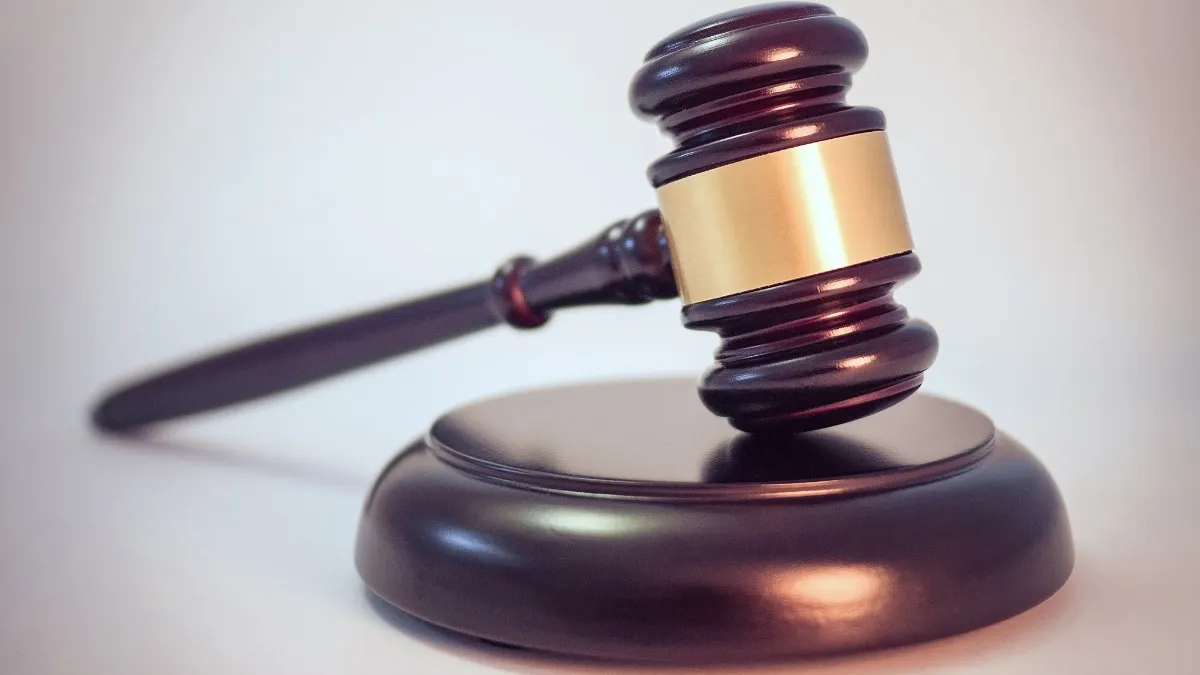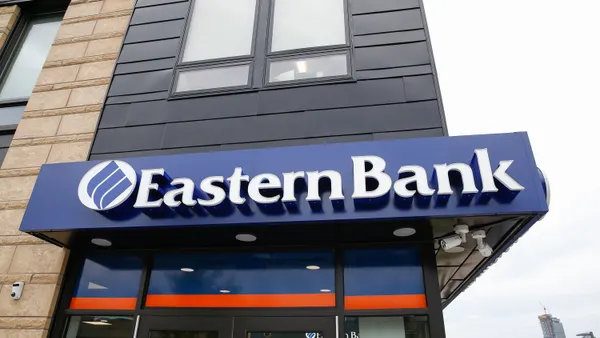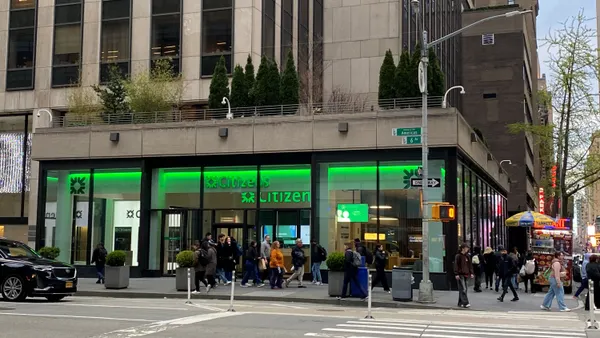Dive Brief:
- Several trade groups petitioned the Federal Communications Commission (FCC) to grant banks and other financial institutions an emergency exception to the federal law barring them from sending automated mass texts and phone calls to consumers during the coronavirus pandemic.
- Such communications could warn customers against outbreak-related scams and notify them of branch closings, service limitations, and offers of payment deferrals, fee waivers, or modification or forbearance on mortgage payments, the trade groups wrote March 30. The American Bankers Association (ABA), Independent Community Bankers of America (ICBA), Credit Union National Association (CUNA), Mortgage Bankers Association (MBA) and the National Association of Federally-Insured Credit Unions (NAFCU) signed the petition, among others.
- The FCC has not addressed the petition but is accepting comment through May 21. The petition comes days after the regulator ruled that public health authorities are exempt from the anti-robocall law. Banks risk fines of $500 or more per contact if they violate the 1991 Telephone Consumer Protection Act (TCPA). The FCC, in an advisory the same day, warned consumers against coronavirus-specific robocalls.
Dive Insight:
“The calls that banks, credit unions, and other customer-facing financial institutions seek to place on matters related to the pandemic are intended to protect or support the financial health or safety of consumers,” the bank associations wrote in the March 30 petition, adding that such calls prevent “unnecessary physical contact between consumers and employees.”
It’s the latest in a string of arguments banking trade groups have made against the TCPA.
In a November letter to the FCC, the ABA emphasized the urgency with which banks’ communications must be disseminated with respect to fraud alerts, data breach notifications, servicing calls and loans.
“Many of these communications must be placed immediately and can only be placed using automated technology,” the trade group wrote. “Unfortunately, because of the Commission’s past, expansive interpretation of the statutory definition of an ‘automatic telephone dialing system’ ... a bank may not be able to place these critical calls using automated technology unless the bank has the customer’s documented consent, which may be challenged under a number of circumstances.”
Since then, banks have still paid out over robocall-related missteps. A district court in December approved a nearly $18 million settlement Wells Fargo is paying to a class of plaintiffs that said the bank made robocalls and texts to numbers no longer associated with consumers who gave consent.
The coronavirus pandemic, however, may present an exceptional circumstance, according to one nonprofit that often opposes banks’ pushback against regulation meant to protect customers.
The National Consumer Law Center supports the FCC exemption in regard to financial assistance, especially for consumers who may be suffering a hardship spurred by the outbreak, Margot Saunders, the group’s senior counsel, told Bloomberg Law.
If “you’re trying to figure out what bills to pay with the little bit of savings that you have, hearing from your bank that they would allow you to postpone for three months your car payments would be extraordinarily helpful,” she said.
Legal interpretation of the TCPA has varied. The U.S. Court of Appeals for the Third Circuit ruled in 2013’s Gager v. Dell Financial Services that cellphone users may block unwanted automated calls under the TCPA. But the D.C. Circuit Court in 2018 pared back the FCC’s definition of what qualifies as an auto-dialing device to make robocalls.
Likewise, penalties have fluctuated for companies found on the wrong side of the law. Wells Fargo’s setback was not nearly as severe as the $280 million payout a district court ordered in 2017 against satellite TV provider Dish Network for allegedly violating a telemarketing sales rule under the TCPA.











